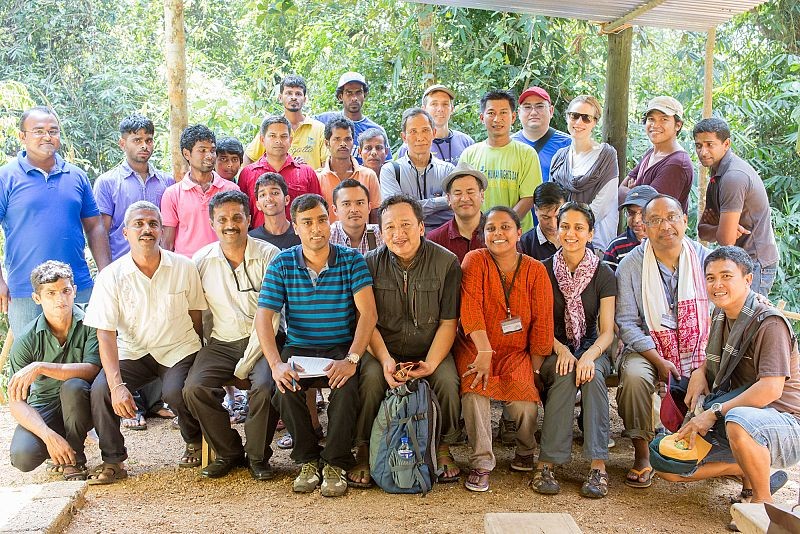In Trelew, Chubut, the students from the local Technical School have installed a new wind-solar hybrid system, capable of providing opportunity for energy self-sufficiency in the rural community.
Practice-to-Policy Exchange: Grid Connected Micro Hydro Power in Sri Lanka
The practice-to-policy exchange was a three-stage exchange process, where the first three months were dedicated to online information exchange, followed by a physical exchange activity and a four-day workshop held in Sri Lanka with 21 delegates representing eight countries and including ten other sector experts.
The workshop helped delegates share experiences from their respective countries and observe operations of successful mini and micro hydro plants in Sri Lanka, which are connected to the grid.
The final step of this exchange process was to develop advocacy material to be used by members of the Hydro Empowerment Network to promote micro and mini hydro grid connections in their countries and for the whole of South and South East Asia, where the network’s activites are located.
More general information is available on our SEPS project page: Practice-to-Policy Exchange for Grid-Connected Micro Hydro Power in South/Southeast Asia
One result of the exchange activity is this video on Smart Grids for Rural Electrification:



